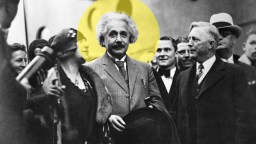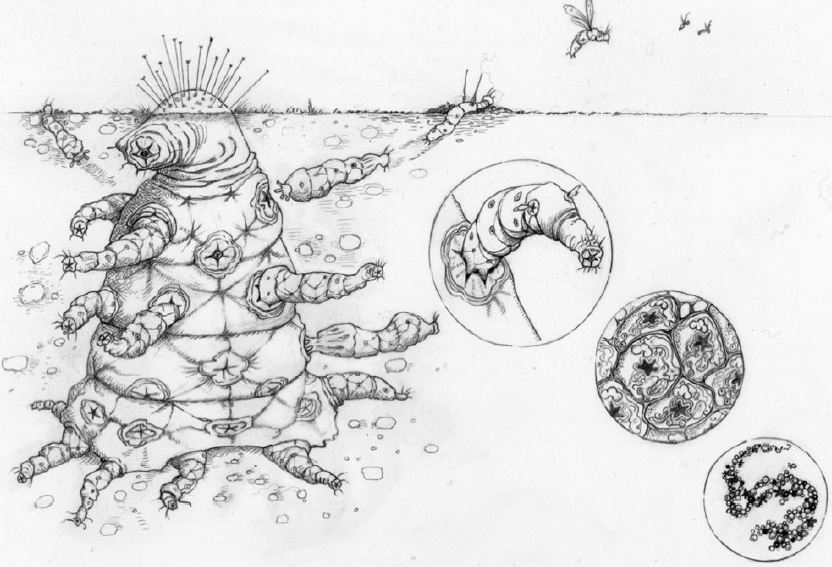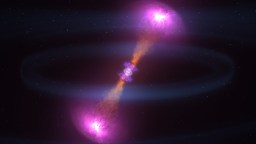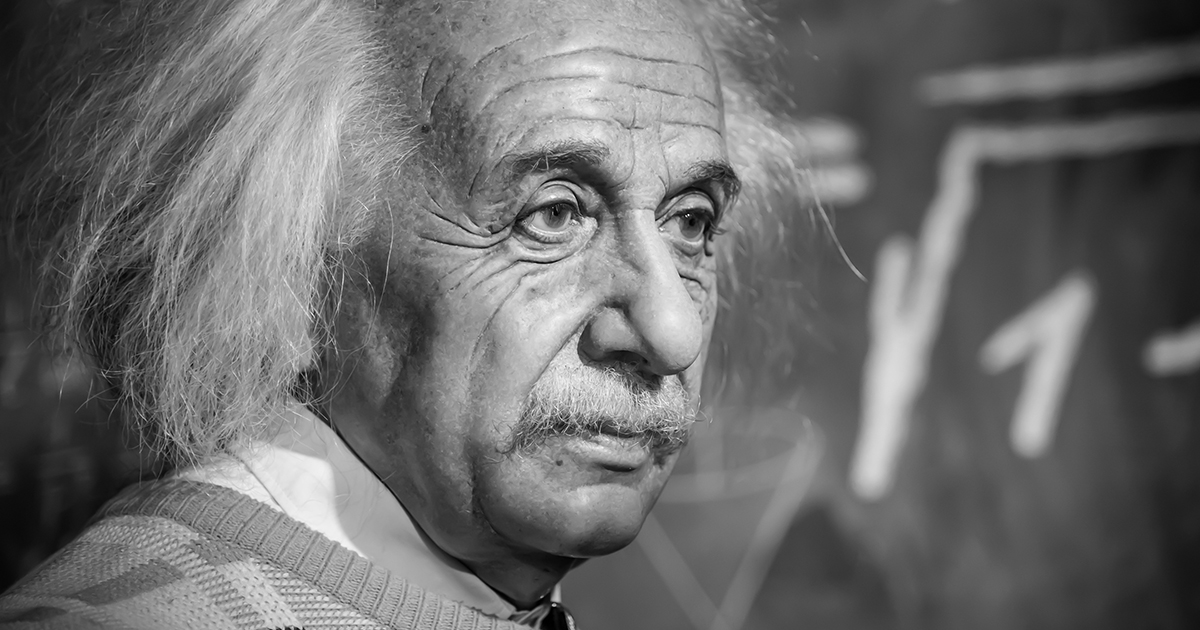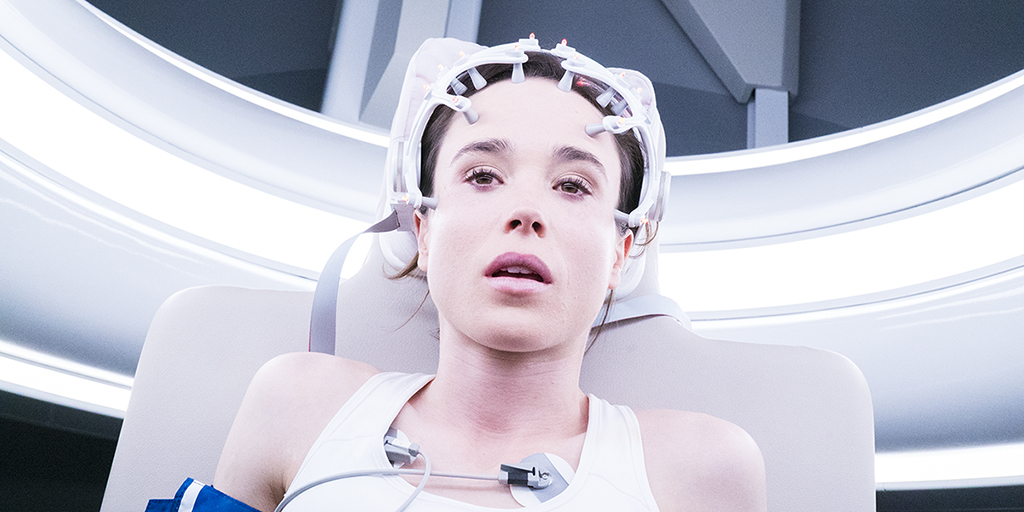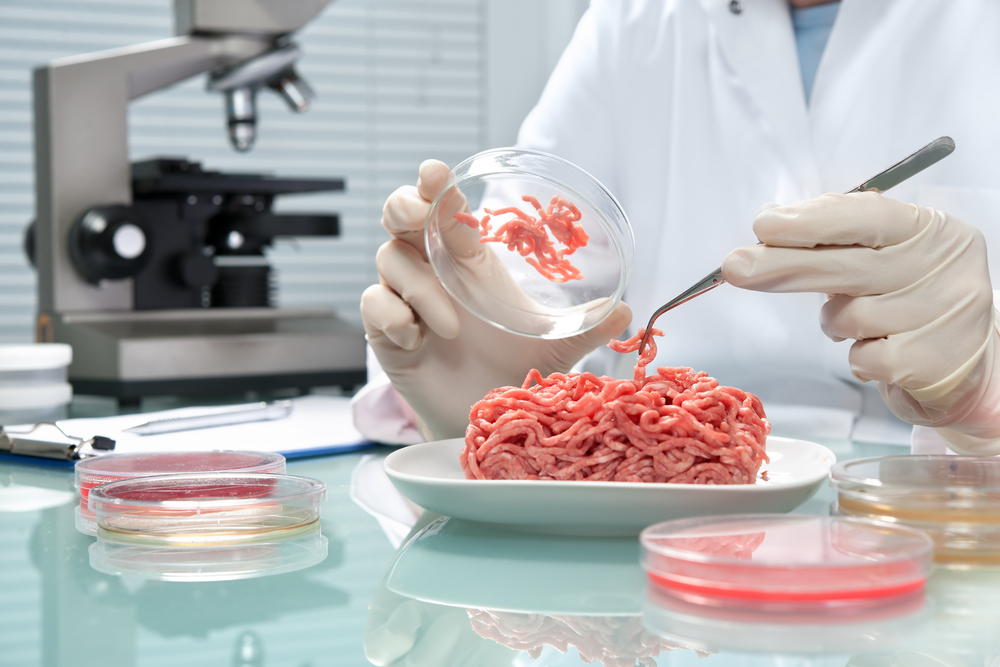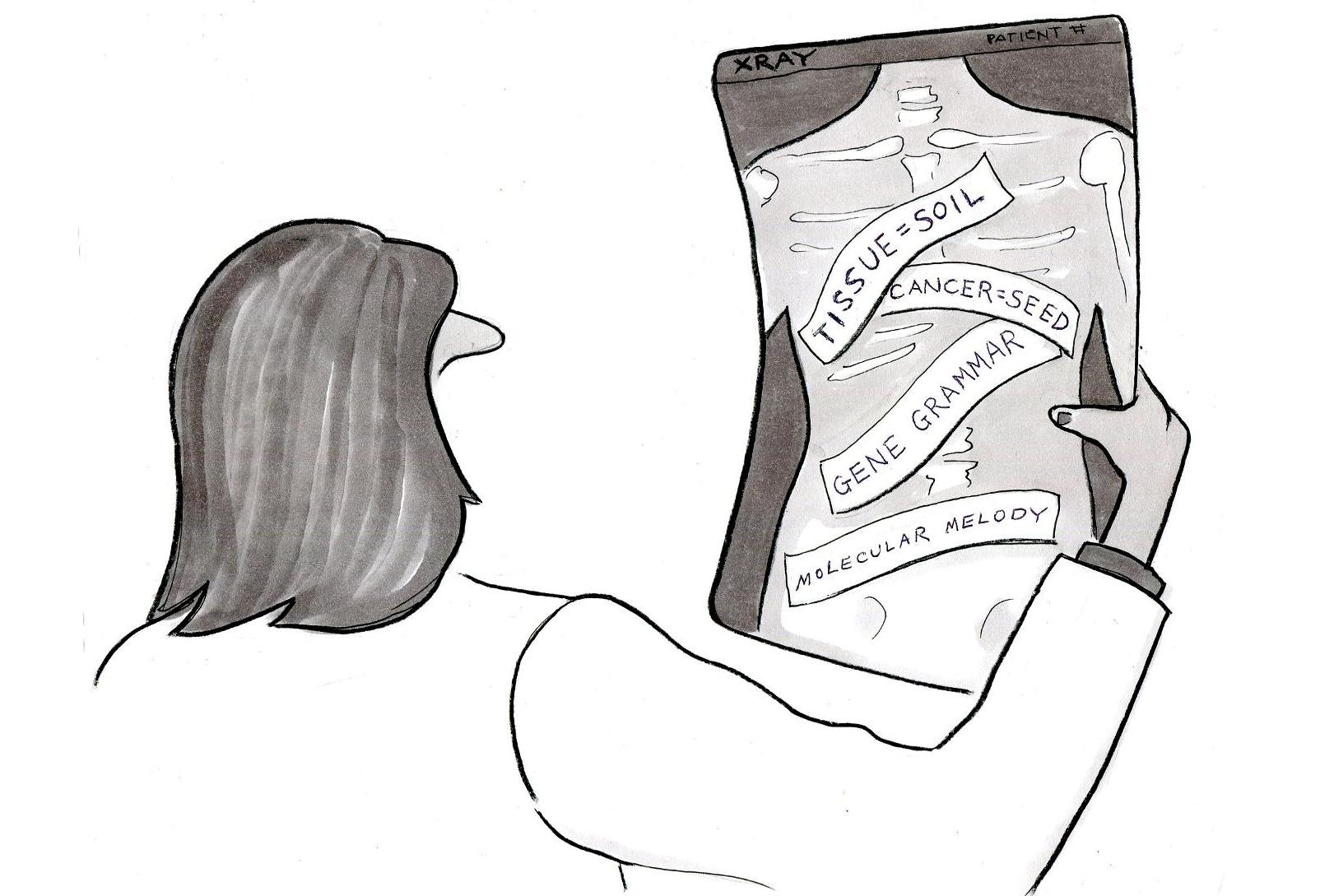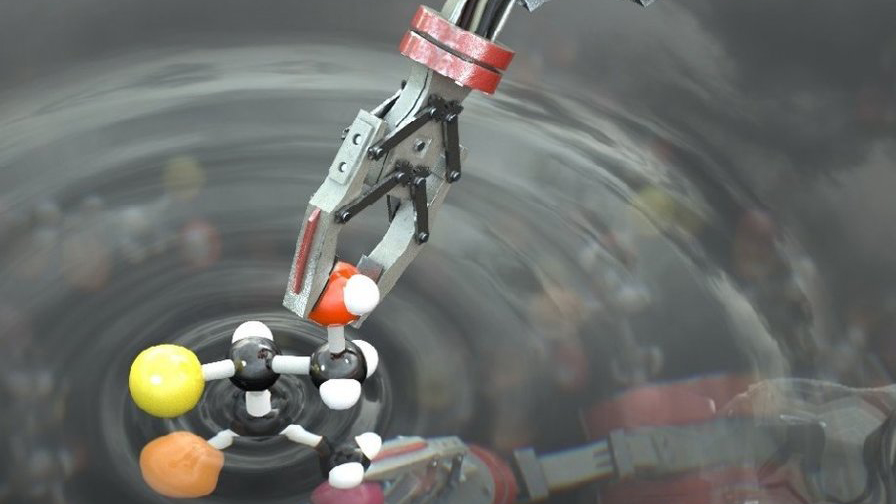Hard Science
All Stories
Thousands of scientists from 184 countries have endorsed an open letter that outlines some of the Earth’s most pressing environmental problems.
Scientists didn’t know why the sleep deprived experienced cognitive lapses, until now.
Wow. Reading Hawking’s Ph.D. paper is like listening to Pink Floyd for decades and then suddenly finding out they had a different and even more groundbreaking debut album.
One prominent mathematician asks: was Einstein such a smartypants after all?
▸
10 min
—
with
Astrobiologists took a novel view and used evolutionary processes as their guide.
Scientists work out methods for finding the difference between the magnetic moments of protons and antiprotons and see that they’re the same.
The establishment of a colony on Mars seems inevitable given just how many groups are drawing up plans for the red planet. NASA intends on sending manned expeditions in the […]
It’s more accurate than an atomic clock, and would take thousands of years to lose a second.
Cosmic collision yields bullion by the billions.
▸
with
80% of adults are overly optimistic about life—where does that cognitive bias come from?
▸
6 min
—
with
Is science destined to crack the code of consciousness—and how would we even go about it?
▸
8 min
—
with
New studies shed light on how Neanderthal DNA is affecting the appearance and behavior of modern humans.
Einstein believed in the unseen—like gravitational waves, ripples in space and time. Now, we can see this, as shown by the 2017 Nobel Prize physics winners.
After decades of research and analysis of geoscience data, the seventh largest geological continent officially exists.
To understand ourselves, our creativity and emotions, we must grapple with our pre-human existence.
▸
4 min
—
with
These scientists scooped up the Nobel by detecting a ripple in space-time.
They proved how the biological mechanism works inside our cells.
The “pseudo-science” of this remake barely registers a pulse.
It turns out Winston Churchill wrote an essay of predictions titled ‘Fifty Years Hence’—and while he was off on the timing, some are finally coming true.
“Scientists should think like poets,” says E.O. Wilson, because new metaphors mobilize new thinking.
One researcher called it “the ultimate in the miniaturization of machinery.”
LIGO and Virgo reveal a gravitational wave was detected on two different continents. Here’s what that means and why it matters.
NASA scientists are sifting through some of the last transmissions from Cassini. And what they’re finding are kittens. You read that right.
Is “science broken” or self-correcting? And who is going to do the grown-up thing and fix the game (instead of scoring points within it)?
“These facts have been presented time and again, year after year, for decades,” DiCaprio says. “Quite simply, we are knowingly doing this to ourselves.”
In 1936, a school girl named Phyllis wrote a letter to Albert Einstein to ask whether a person could believe in both science and religion. He was quick to reply.
When it comes to climate change, gun control, and vaccinations, facts don’t change people’s minds—but there is one technique that might.
▸
6 min
—
with
The NASA probe to Saturn went out in a blaze of glory last week.
▸
with
Imagine data delivered by light. This is an important benchmark toward the development of a whole new computer.
The findings of this study are stunning: in a 16-hour waking day, adults are sedentary for 12.3 hours.



